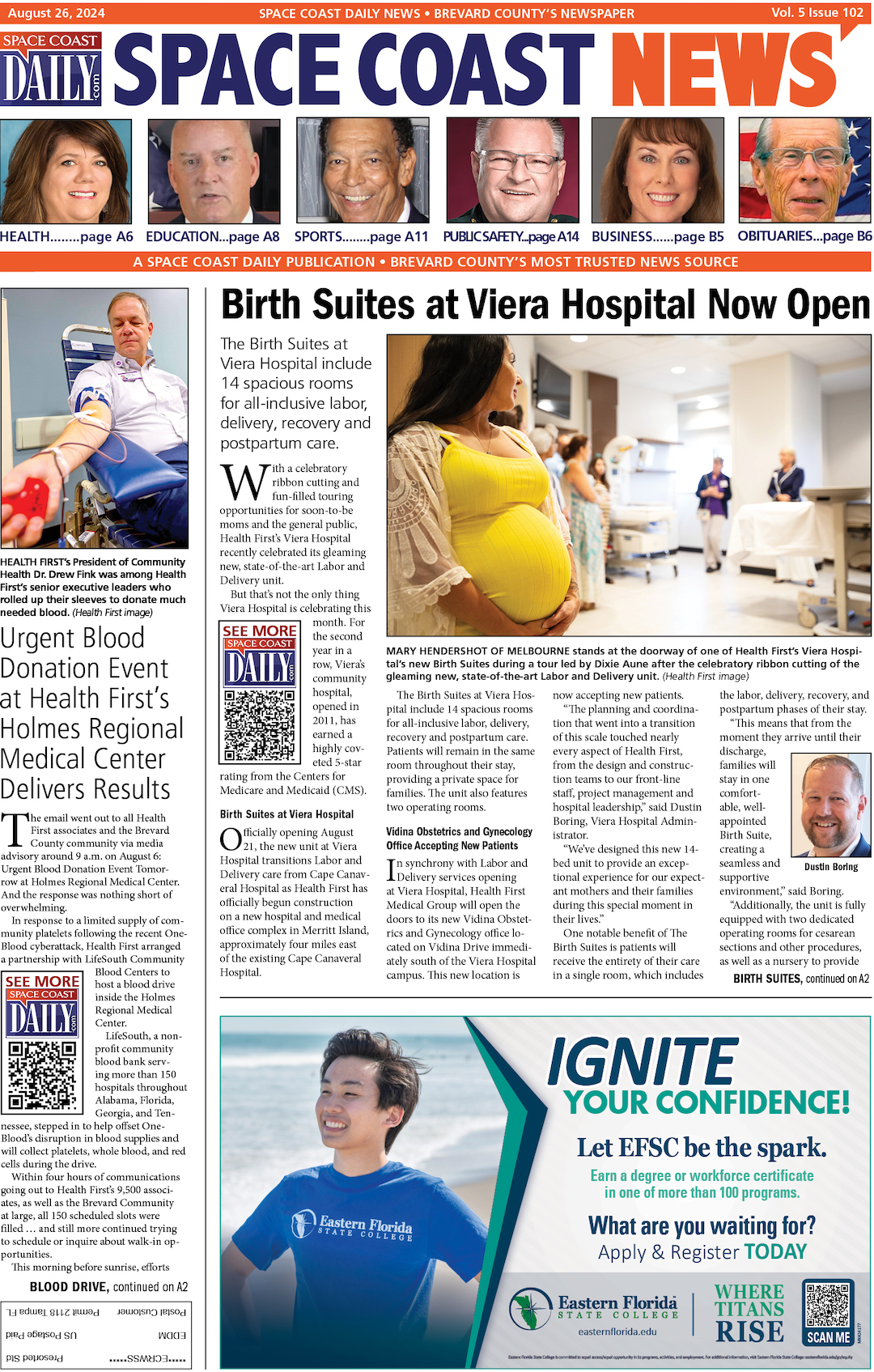The Ultimate Guide to Sustainable Weight Loss After Surgery
By Space Coast Daily // March 10, 2024

If you’ve had weight loss surgery, you’re probably eager to see that number on the scale start dropping. But sustainable weight loss is a marathon, not a sprint.
You can likely expect some unique challenges when it comes to losing weight after bariatric procedures.
The good news is that with a thoughtful approach focused on lifestyle changes, you can expect to lose approximately 1-2 pounds per week on average after surgery. According to research, most patients managed to retain at least 50% of their excess weight loss long-term by sticking to the recommended nutrition and exercise guidelines.
This ultimate guide will give you expert-backed tips to help make your post-surgery weight loss journey a healthy one. By following the diet, fitness, and lifestyle advice in this guide, you’ll be setting yourself up for significant and sustainable results.
- Listen to your doctor’s game plan
The first and most important tip is to follow your bariatric surgeon’s recommendations to a T, both before and after your procedure. Whether you had gastric bypass, gastric sleeve, or SADI with sleeve surgery, your doctor knows best when it comes to the healthiest pace for post-op weight loss. They’ll give you specific guidelines tailored to your body and your procedure for diet, exercise, lifestyle changes, vitamins, and follow-up care.
Stick to their meal plans and timelines, even if the pace seems slower than you hoped. Moreover, don’t try to push past what your surgeon advises – that’s a recipe for complications. Trust that your doctor has your back and wants what’s best for your body and health. Ultimately, following their game plan is step one for success.

- Make protein your new best friend
Getting enough protein should be on your list after surgery. Why? It’s because protein helps maintain and build precious lean muscle mass that can be lost along with fat during weight loss.
For optimal results, your doctor will likely recommend getting 60 to 80 grams of protein per day minimum. You can get your protein fix from foods like eggs, Greek yogurt, fish, chicken, lean meats, protein shakes, beans, and lentils. You can also consider supplements if needed to hit your daily protein goal.
- Get moving for better results
Exercise and physical activity are huge for sustainable weight loss after surgery. Moving your body not only burns extra calories but also keeps your metabolism revved up. So, lace up your sneakers and get moving for better weight loss results.
Start slowly under your doctor’s supervision, then build up to 150 minutes per week of moderate aerobic exercise like walking, swimming, or cycling. Moreover, listen to your body and don’t forget to take rest days as needed.
- Be mindful of calorie intake
While your new smaller stomach pouch restricts how much you can eat after surgery, you still need to pay attention to your calorie intake for ongoing weight loss. Studies recommend that bariatric surgery patients consume 900 to 1,000 quality calories per day to lose weight safely at a steady rate without becoming deficient in key nutrients.
To hit that calorie sweet spot, avoid empty liquid calories from beverages like juices, soft drinks, frappes, and alcohol. They can pass right through your tiny stomach pouch quickly and pack in calories without nutrition. Instead, focus on getting those calories from balanced, protein-rich real foods instead.
Be mindful of mindless grazing and snacking, too. Consider using a tracking app or food journal to monitor your munching and get a handle on proper portion sizes. The key is being aware of exactly what and how much you’re eating so you can keep calories in check.
- Don’t neglect your mental and emotional health
It’s common to experience some emotional ups and downs after bariatric surgery. You may grapple with changes in body image, food cravings, dietary restrictions, and learning to embrace new eating habits. In some cases, unresolved issues around using food for comfort may bubble up.
According to statistics, 8.7% of bariatric surgery patients experienced high anxiety levels, and 4.4% had severe depression post-surgery. On the positive side, 97% of patients who underwent bariatric surgery didn’t experience mental struggles and were, in fact, satisfied with the surgery’s outcome.
Thus, if you’re struggling emotionally or mentally, lean on your social support system or consider seeing a therapist who specializes in bariatric patients’ emotional health. Express any struggles or confusing feelings; there’s no shame in needing help. Being emotionally and mentally healthy will make it easier to stick to positive lifestyle changes and achieve long-term weight loss success after surgery.
Wrap up
Sustainable weight loss post-surgery is totally possible with the right mix of exercise, diet, and lifestyle changes. So, stick with what your doctor recommends, make protein a priority, move your body, watch your calories, and pay attention to your mental and emotional health. Most importantly, trust the process and remember – when it comes to long-term weight loss success, slow and steady wins the race.












